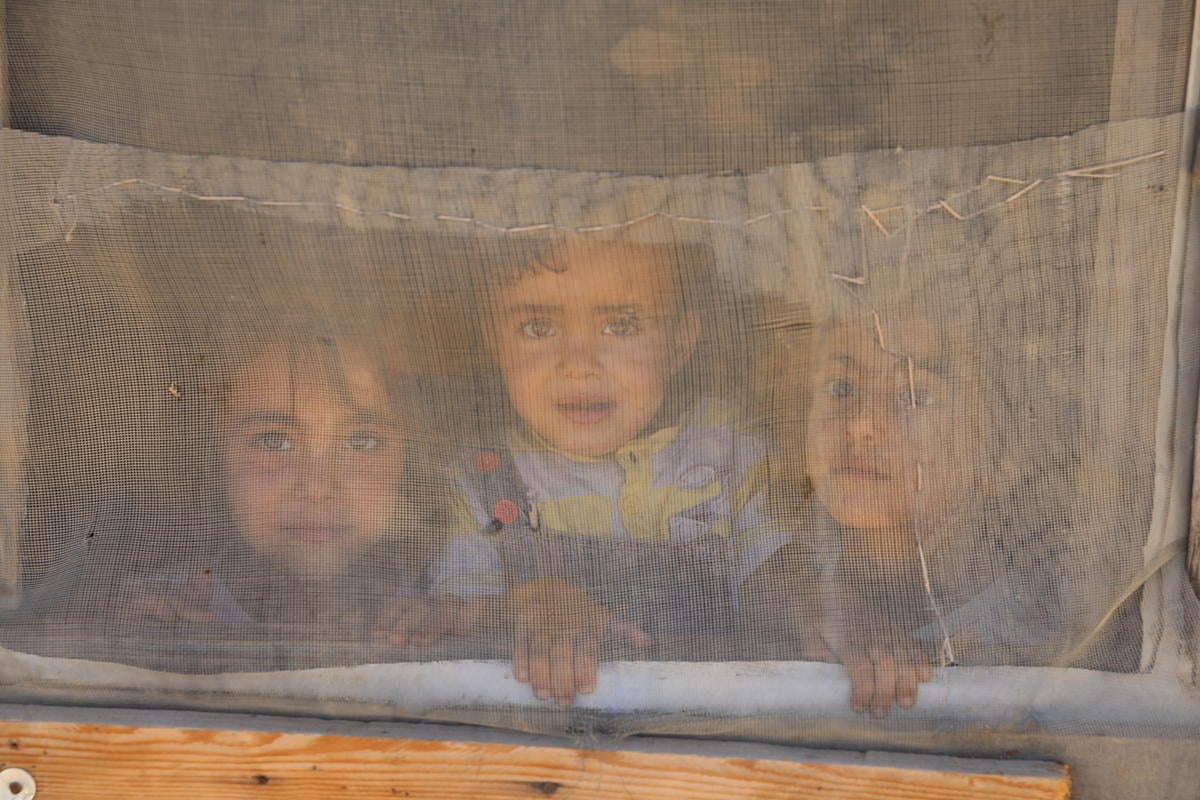US$20 million for Sahel drive to curb COVID-19
US$20 million for Sahel drive to curb COVID-19

ABIDJAN / GENEVA / NOUAKCHOTT– Public health and wellbeing of refugees and the host communities in Sahel are at the heart of the latest tripartite agreement between the African Development Bank (AfDB), UNHCR, the UN Refugee Agency and the G5 Sahel signed today in Geneva, Abidjan and Nouakchott. The agreement enables a critical USD20 million COVID-19 response across the five countries of the Sahel region.
Financed by the African Development Fund the project will allow the Governments of Burkina Faso, Chad, Mali, Mauritania and Niger – which make up the G5 Sahel regional cooperation and coordination framework – to strengthen their national response to prevent the spread of COVID-19 and limit its social and economic impact in a region where the pandemic is causing an unprecedented emergency on top of multiple crises. The response will prioritize activities in areas most impacted by conflict and violence, with high a concentration of forcibly displaced people and limited presence of government institutions.
There are 3.1 million refugees, internally displaced people, returnees and others at risk of statelessness in the Sahel. The region has so far recorded 11,000 COVID-19 cases and 468 deaths across the five countries. While emergency measures to halt the spread of the disease are gradually and carefully being lifted in response to success in its containment, it remains essential to strengthen the health response for the most vulnerable communities.
“For people who have fled war and violence in the Sahel, and for host countries welcoming these refugees, the COVID-19 pandemic is having a devastating impact,” said Kelly Clements, UN Deputy High Commissioner for Refugees, who signed the agreement on behalf of the agency. “This contribution not only complements global efforts to secure financial and political support for the humanitarian response in the region, it also demonstrates strong solidarity with the communities hosting people forced to flee,” she added.
The project will also aim to strengthen food and nutrition systems, in a region where 5.5 million people are at risk of food insecurity according to UN estimates.
“This operation will strengthen the G5 Sahel countries’ capacity and enable them to support the development and humanitarian actions of the region and complement the interventions undertaken through the Sahel Alliance Initiative, as well as support the most vulnerable,” said Khaled Sherif, the Bank’s Vice President for Regional Development, Integration and Business Delivery.
“Through this project the Bank will help mitigate the negative socio-economic impact of the COVID-19 crisis in the G5 Sahel countries, where communities are already vulnerable and affected by conflicts and insecurity.”
For the health component, the project will support COVID-19 awareness campaigns, strengthen health infrastructure, epidemiological surveillance and case management. It will also allow procurement of essential medical supplies and equipment for the prevention, control and treatment of COVID-19 patients.
“The Sahel requires, more than ever, increased and coordinated attention from the States of the region and the international community to stem the spiral of violence and thus create an environment conducive to inclusive and sustainable socio-economic development,” said Mohamed Ould Cheikh Ghazouani, current president of the G5 Sahel.
This project falls under the framework of the African Development Bank’s COVID-19 response facility of up to US$10 billion, which is the institution’s main channel to assist African countries in cushioning the economic and health impacts from the crisis. UNHCR’s intervention in the project will be aligned with humanitarian principles of neutrality, impartiality and independence.
Such partnerships are encouraged by the Global Compact on Refugees, as a framework for more predictable and equitable responsibility-sharing. This joint project is setting an example of how the Compact can be applied, and serve as a model for other financial and development entities to explore and engage in addressing the massive needs created by forcible displacement during the pandemic.
For more information, please contact:
For UNHCR:
- In Dakar: Romain Desclous,[email protected] +221 786 386 395
- In Geneva: Boris Cheshirkov, [email protected] +41794337682
African Development Bank:
- Gershwin Wanneburg, Communication and External Relations Department, email: [email protected]








